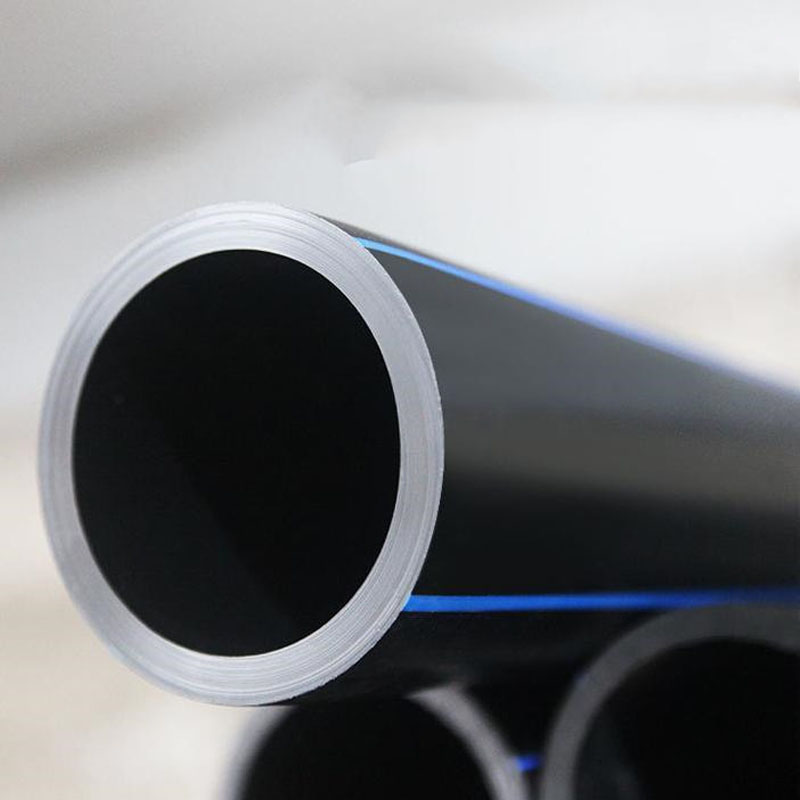Oct . 21, 2024 16:42 Back to list
High-Density Polyethylene Pipes for Efficient Irrigation Systems and Applications
HDPE Pipe for Irrigation A Sustainable Solution for Agriculture
Irrigation is a critical component of modern agriculture, especially in regions where rainfall is scarce or inconsistent. As the global population continues to grow, the demand for efficient water management in farming becomes increasingly important. Among the various methods of irrigation, the use of High-Density Polyethylene (HDPE) pipes has emerged as a sustainable and effective solution. This article explores the benefits, applications, and future of HDPE pipes in irrigation systems.
What is HDPE?
High-Density Polyethylene (HDPE) is a type of polymer made from petroleum. Due to its high strength-to-density ratio, HDPE is ideal for various applications, including rigid piping systems. The couplings and fittings made from this material are durable, resistant to corrosion, and capable of bearing significant pressure. These attributes make HDPE an excellent choice for the demanding environment of irrigation systems.
Benefits of HDPE Pipes in Irrigation
1. Durability and Longevity HDPE pipes have a significantly longer lifespan compared to traditional materials like PVC or metal. They can last over 50 years when properly installed and maintained. This longevity reduces the frequency of replacements and repairs, ultimately saving costs for farmers.
2. Corrosion Resistance Unlike metal pipes that can corrode over time, HDPE pipes are resistant to rust, scale, and corrosion. This means that they can maintain their structural integrity and water quality over years of use, making them a more reliable option for irrigation.
3. Flexibility and Ease of Installation HDPE pipes are lighter and more flexible than their counterparts, making them easier to transport and install. They can be bent around obstacles and are less likely to break during installation. This adaptability is particularly advantageous in uneven or rugged terrain.
4. Reduced Leakage HDPE pipes feature a smooth inner surface that reduces friction and minimizes the risk of leaks. In irrigation, even small leaks can lead to substantial water loss, making the efficient sealing capabilities of HDPE pipes a critical advantage.
5. Sustainability HDPE is 100% recyclable, contributing to a more sustainable approach to agriculture. As eco-conscious practices become more necessary globally, farmers can utilize HDPE pipes to improve their environmental footprint while enhancing productivity.
6. Cost-Effectiveness In addition to their longevity and durability, the initial installation costs of HDPE pipes can be offset by their efficiency in reducing water loss and maintenance costs over time. Farmers benefit from lower operational costs and increased agricultural yields.
hdpe pipe for irrigation product

Applications in Irrigation
HDPE pipes are versatile and can be used in various irrigation systems, including
- Drip Irrigation These systems deliver water directly to the roots of plants, minimizing water waste and maximizing efficiency. HDPE pipes can be easily configured for most drip irrigation designs.
- Sprinkler Systems HDPE pipes can support the pressurized systems required for effective sprinkler irrigation, providing a reliable water supply even in high-demand scenarios.
- Surface Irrigation In surface irrigation, HDPE pipes can help distribute water uniformly, reducing the risk of over-watering while maintaining the health of crops.
Future Prospects
As farmers worldwide become more aware of the implications of water scarcity, the demand for efficient irrigation systems is likely to grow. HDPE pipes represent a forward-thinking approach to agricultural water management. Innovations in technology and manufacturing processes are expected to enhance the applications of HDPE even further.
Moreover, with a global push for sustainability, the recycling of agricultural plastic and the use of HDPE pipes will likely increase. As a result, the agricultural sector may see a dramatic shift towards more environmentally friendly irrigation solutions.
Conclusion
In summary, HDPE pipes provide a sustainable, efficient, and cost-effective option for irrigation in agriculture. Their durability, resistance to corrosion, and enhanced water management capabilities make them a superior choice for modern farming practices. As water conservation becomes increasingly critical, the popularity of HDPE pipes in irrigation systems is likely to rise, supporting farmers in their quest for productivity while promoting sustainable agricultural practices. Investing in HDPE technology today can pave the way for a healthier planet and a more secure food supply for future generations.
-
HDPE & PPR Pipe Elbows Durable, Corrosion-Resistant Solutions
NewsJun.01,2025
-
HDPE Tee Fittings 48-Inch HDPE Pipe Solutions & Cost Optimization
NewsJun.01,2025
-
Premium PVC Perforated Pipes for Efficient Drainage Trusted Factories
NewsMay.31,2025
-
Premium Perforated PVC Pipes for Drainage Solutions Trusted Factories & Manufacturers
NewsMay.31,2025
-
HDPE Electrofusion Fittings Durable, Leak-Proof Conduit Solutions
NewsMay.31,2025
-
HDPE Compression Fittings Leak-Proof, Corrosion-Resistant Solutions
NewsMay.31,2025

